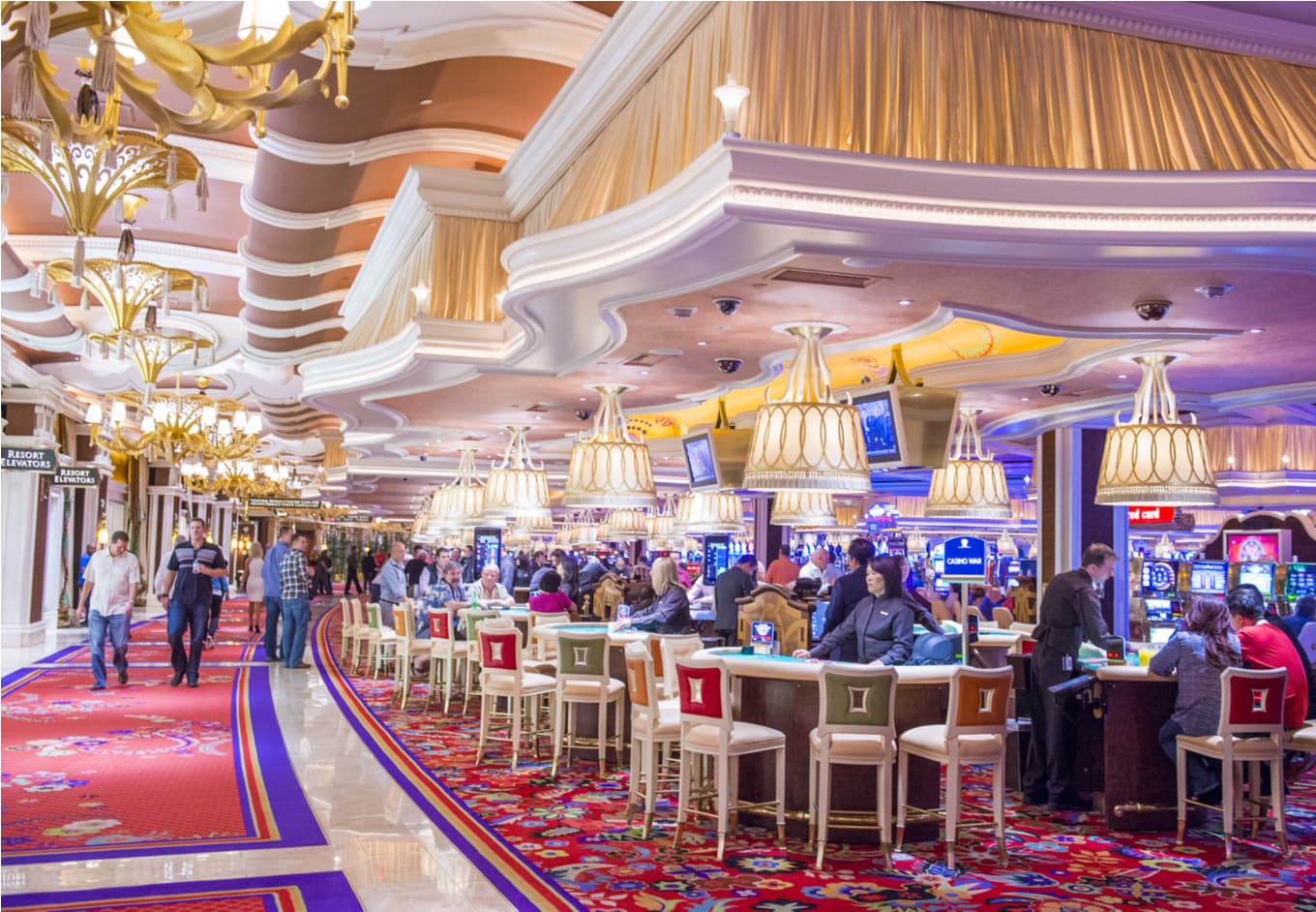
Gambling games have long captured the fascination of people around the planet, becoming an integral part of both fun and culture. From the shimmering lights of the Vegas Strip to the immersive experience of internet gambling, these activities evoke enthusiasm, risk, and sometimes even a sense of remembrance. They are not just simply entertainments; they have woven themselves into the tapestry of human experience, influencing everything from cinema and melodies to clothing and writing.
The allure of casino games goes beyond the wagering aspect, tapping into broader themes of serendipity, chance, and social interaction. As players gather around a poker table or turn the roulette wheel, they engage in an age-old ritual that connects with our shared desire for thrill and instability. This captivation has led to the rise of numerous references in movies, music, and video games, showcasing how strongly entrenched these pastimes are in popular culture. Whether it is the high-stakes tension of a legendary caper or the vibrant nightlife portrayed in recordings, casino games have established a substantial place that reflects our relationship with risk.
Social Importance of Casino Games
Casino activities have played a crucial role in social contexts throughout history. Stemming from ancient societies, forms of chance were often linked to rituals or events. For example, early iterations of gambling can be traced back to historic China and the Roman Empire, where die games and wagering on results were popular pastimes. These games not only functioned as leisure but also as means of connecting people, facilitating connections among individuals within societies.
As societies evolved, so did the complexity and structure of gambling games. The creation of formal casinos in the 17th century, particularly in Italy, marked a major shift in how games were perceived and organized. With designated spaces for gambling, the casino became a social hub where people from different backgrounds gathered. This change contributed to the legitimization of the industry, transforming it from a mere pastime into an organized industry that influenced the economy and policy.
The effect of casino games on mainstream culture cannot be overlooked. As they were brought into the limelight in literature and film, games such as poker and 21 became symbols of chance, luck, and strategy. Iconic characters and narratives have developed around these activities, illustrating societal views towards fortune, wealth, and immorality. This fascination with gambling activities has permeated various forms of entertainment, cementing their place in the collective consciousness and linking them to wider cultural narratives throughout the ages.
Depiction of Casino Games in Entertainment
Casino games have long been a popular topic in different types of entertainment, reflecting both the excitement and intricacies of the world of gambling. Movies such as Ocean’s Eleven and Casino Royale portray figures who navigate intense situations, showcasing not only the appeal of the gambling environment but also the strategies and decisions that come with playing popular games like poker and 21. These movies often dramatize the exhilaration of winning and the potential results of losing, encapsulating the perils involved in betting.
Television shows have also explored the world of gambling activities, often integrating them into the storyline as a context for character development and conflict. Shows like Vegas depict the lives of gambling employees and patrons, highlighting the vibrant, often tumultuous energy of the gaming floor. Reality shows featuring high-stakes gambling competitions further emphasize the appeal of casino games, drawing viewers into the drama and tactics involved in each session. Through these representations, media not only engages but also prompts conversations about luck, skill, and the essence of chance.
Video games have increasingly integrated casino games into their structure, allowing players to recreate the experience of gambling without monetary loss. Titles within the landscape of digital gaming often include online slot machines, poker, and other popular casino games, creating an immersive gameplay that mirrors real-life gameplay. These digital representations make casino games accessible to a worldwide viewer base, appealing to both risk-takers and those who enjoy the excitement of simulation. 8OK As a result, the representation of gambling activities in entertainment continues to shape cultural attitudes and cultural relevance, highlighting their function in entertainment and the cultural landscape.
Effect of Gambling Activities on Communities
Casino games have a meaningful impact on communities, affecting multiple facets of culture and interpersonal behavior. They often serve as a venue for social interaction, where people come together to enjoy a common activity. Game nights with friends or trips to casinos become group events that build connections and create memories. This collective aspect enhances the entertainment value of gambling activities, making them a favored choice for celebrations and leisure activities.
Additionally, gambling activities have been portrayed in countless films, TV series, and written works, influencing views and attitudes towards gaming and gaming. Icons like James Bond playing baccarat or the high-stakes poker scenes in films have cemented these games in the shared imagination. This representation often idealizes the culture associated with gambling, drawing in new players and influencing trends in both fashion and conduct. These representations can spark curiosity and lead to a more profound exploration of the intricacies of gambling.
However, there are also adverse consequences associated with the widespread appeal of gambling activities. The allure of quick monetary gain can lead to gambling addiction and economic troubles for some people. Society must contend with these issues, advocating for responsible gaming and awareness of the risks involved. Balancing the entertainment value of gambling activities with the risks is crucial to ensure that they remain a beneficial aspect of our cultural landscape.